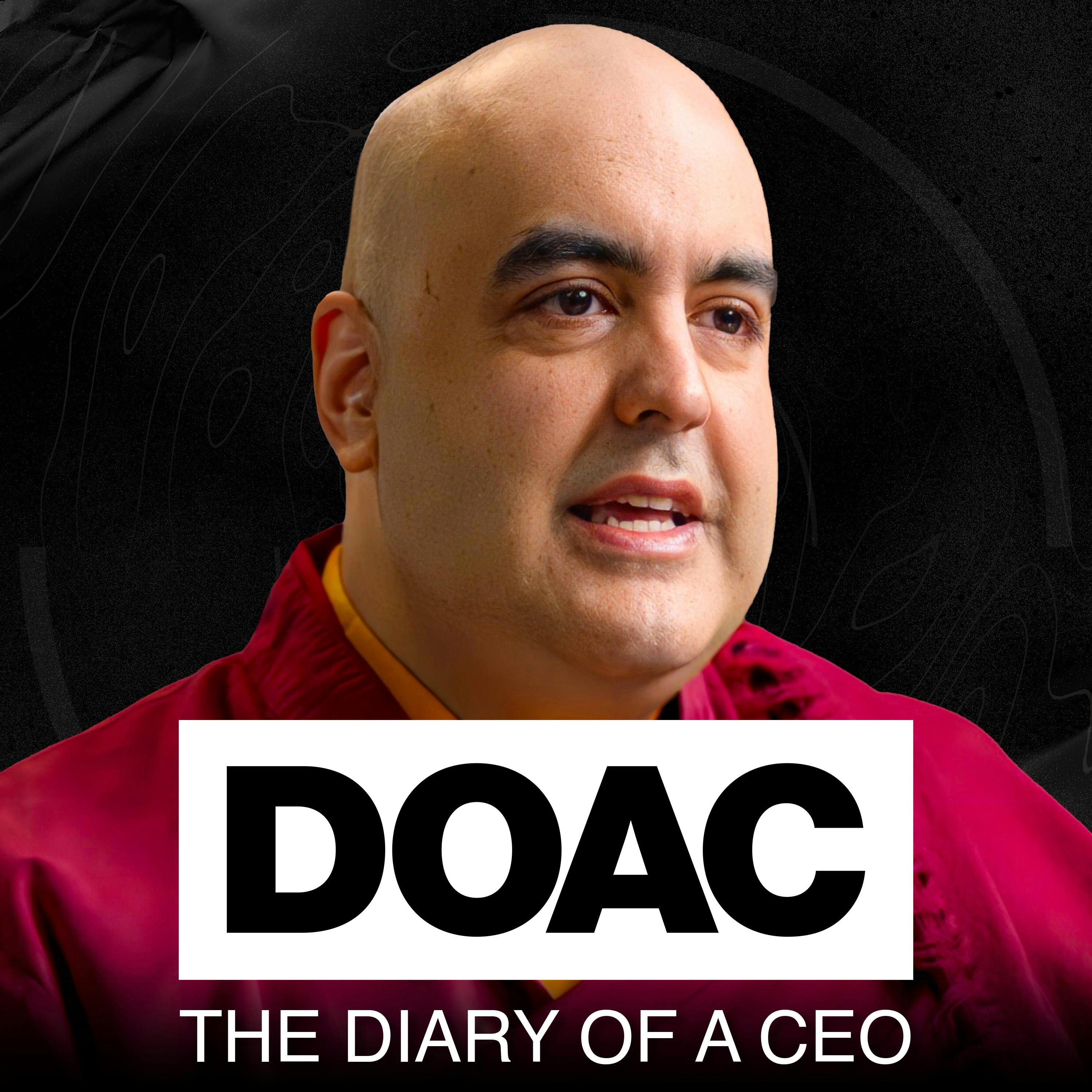Palestine Action faces being proscribed as a terror group after activists broke into RAF Brize Norton and damaged two military aircraft.
It was the latest law broken by the activist group. Metropolitan Police Commissioner Sir Mark Rowley said they are also alleged to have caused millions of pounds of criminal damage and assaulted a police officer with a sledgehammer.
He said he was "shocked and frustrated" to learn that a protest in support of the group was being planned on Monday, but that the force had "no power in law" to prevent it.
The group's proscription, however, would change that.
But what is proscription, what effect does it have, and how many proscribed organisations are there?
Read more: Palestine Action 'to be banned'
What is proscription?
Proscription is the banning of an organisation based on an assessment that it commits or participates in, prepares for, promotes or encourages, or is otherwise concerned in terrorism, the Home Office says.
The home secretary can choose to proscribe an organisation if it is found to do any of the following:
• Commits or participates in acts of terrorism
• Prepares for terrorism
• Promotes or encourages terrorism (including the unlawful glorification of terrorism); or,
• Is otherwise concerned in terrorism.
Any move to proscribe the group must be debated and approved by MPs and peers.
When deciding to proscribe an organisation, the government takes into account:
• The nature and scale of an organisation's activities
• The specific threat that it poses to the UK
• The specific threat that it poses to British nationals overseas
• The extent of the organisation's presence in the UK
• The need to support other members of the international community in the global fight against terrorism.
What does proscribing a group do?
It makes it illegal to show support for the proscribed group, with any offences punishable by a maximum of 14 years in prison.
Specifically, it is a criminal offence to:
• Belong to a proscribed organisation
• Invite support for a proscribed organisation
• Recklessly express support for a proscribed organisation
• Arrange a meeting in support of a proscribed organisation
• Wear clothing or carry articles in public which arouse reasonable suspicion that an individual is a member or supporter of a proscribed organisation
• Publish an image of an article such as a flag or logo in the same circumstances.
The last two offences are less severe and punishable by up to six months in prison and/or a fine not exceeding £5,000.
How many proscribed organisations are there?
There are 81 organisations proscribed by the UK government under the Terrorism Act 2000, not including 14 organisations in Northern Ireland such as the Irish Republican Army (IRA) that were proscribed under previous legislation.
Read more:
Palestine Action: The 'enemy within' or non-violent protesters?
The ins and outs of UK cannabis law - and calls to decriminalise it
The Islamic State of Iraq and Syria (ISIS) is on the proscribed list and the most recent addition is The Terrorgram collective - an online transnational network of extreme right-wing terrorists which the government says wants to bring about the collapse of Western democracy and a "race war".
You can see the full list by clicking here.
Can a proscribed group be taken off the list?
The group or someone deemed to be "affected" by a proscription can submit a written application to the home secretary requesting that they consider taking them off the list.
If the application is refused, the applicant can appeal to the Proscribed Organisations Appeal Commission, which allows an appeal if it considers that the home secretary's decision to refuse de-proscription was "flawed".

(c) Sky News 2025: Palestine Action to be proscribed - but what does that mean?



 National investigation into NHS maternity services launched after families 'gaslit'
National investigation into NHS maternity services launched after families 'gaslit'
 The biggest challenge facing Wes Streeting over scandalous state of maternity services
The biggest challenge facing Wes Streeting over scandalous state of maternity services
 Palestine Action 'to be banned' as terror group, home secretary says
Palestine Action 'to be banned' as terror group, home secretary says
 Tulip Siddiq: Labour MP accuses Bangladesh's leader of 'orchestrated campaign' to damage her reputation
Tulip Siddiq: Labour MP accuses Bangladesh's leader of 'orchestrated campaign' to damage her reputation
 Dermot Murnaghan: Former Sky News presenter diagnosed with stage four prostate cancer
Dermot Murnaghan: Former Sky News presenter diagnosed with stage four prostate cancer
 The telling words that Starmer could - and couldn't - say about US strikes on Iran
The telling words that Starmer could - and couldn't - say about US strikes on Iran
 Annabel Rook death: Man charged with murder of woman found stabbed after gas explosion
Annabel Rook death: Man charged with murder of woman found stabbed after gas explosion
 First flight to evacuate British nationals has left Israel, foreign secretary says
First flight to evacuate British nationals has left Israel, foreign secretary says










